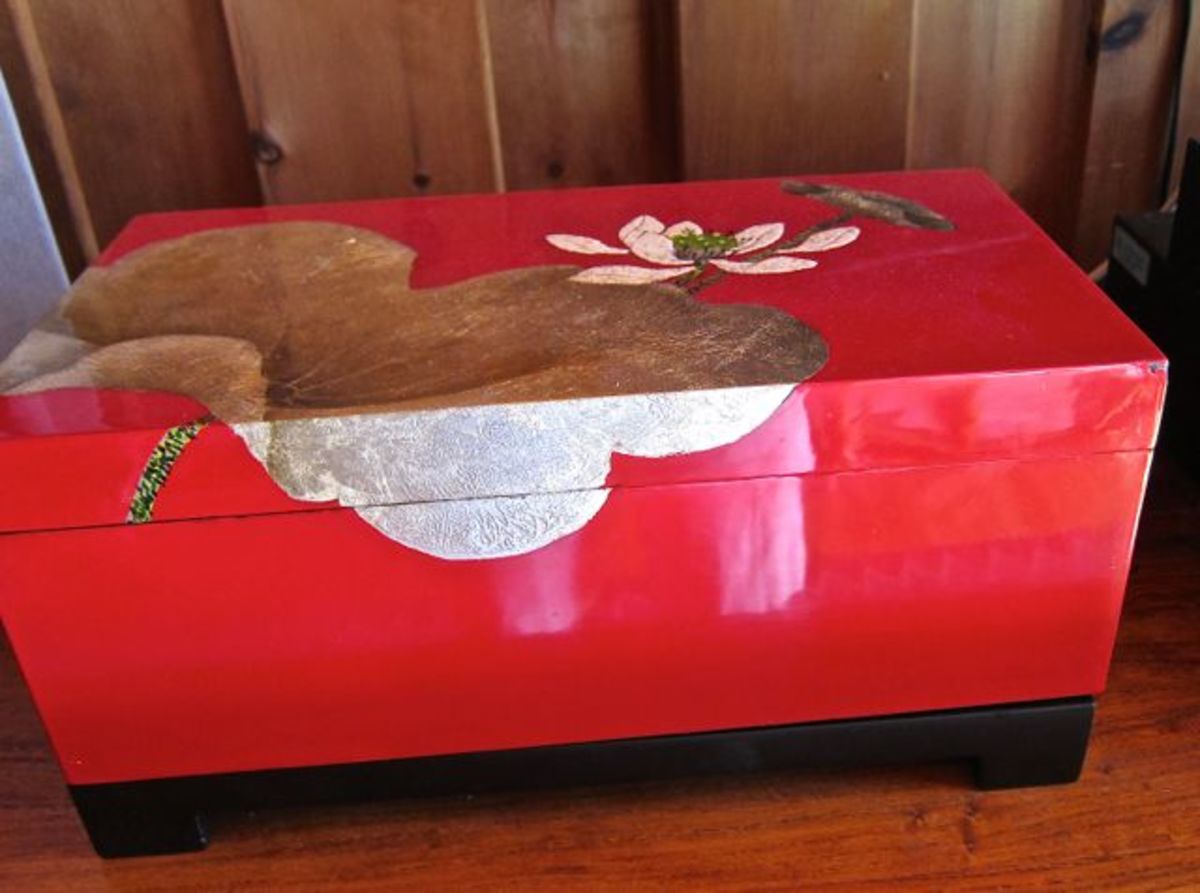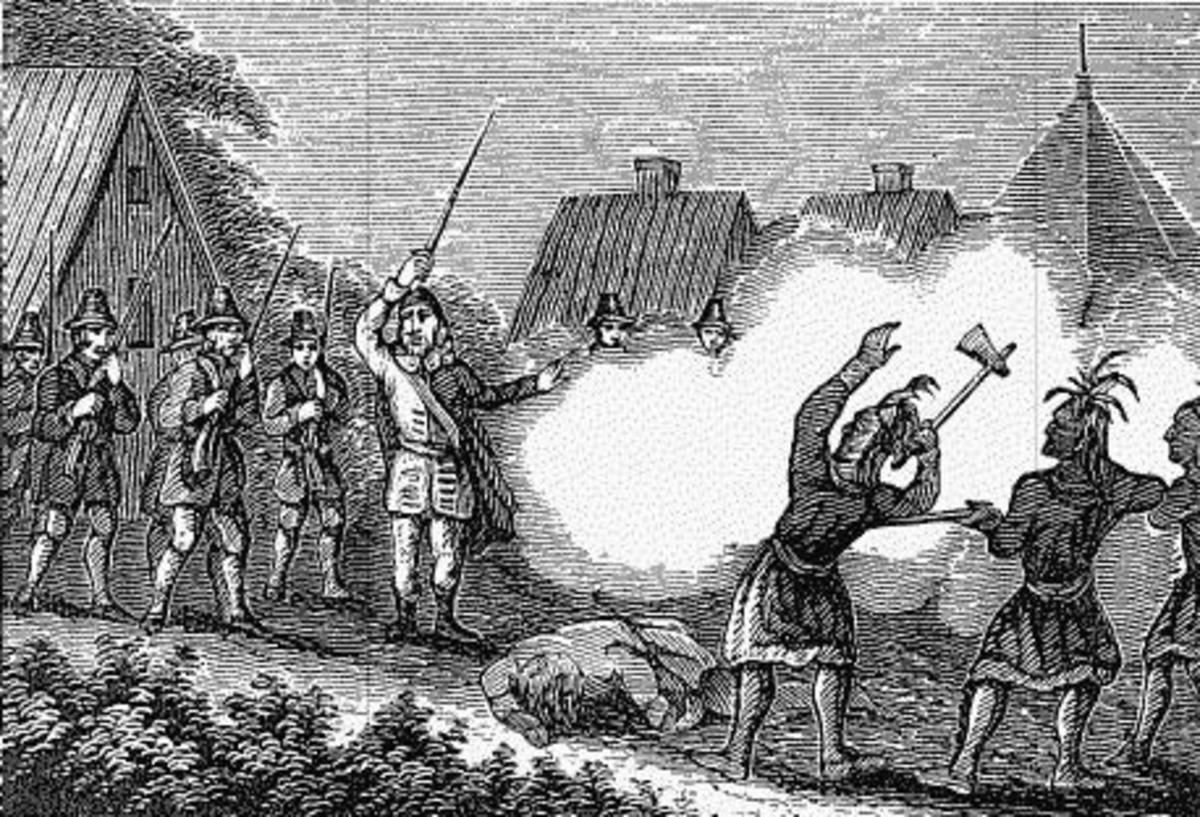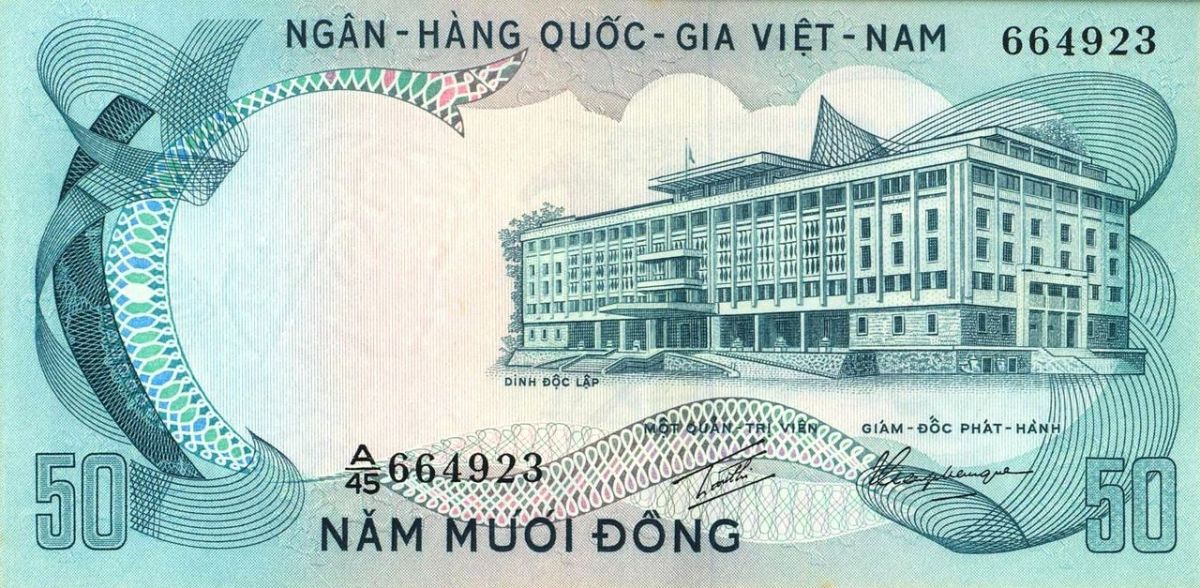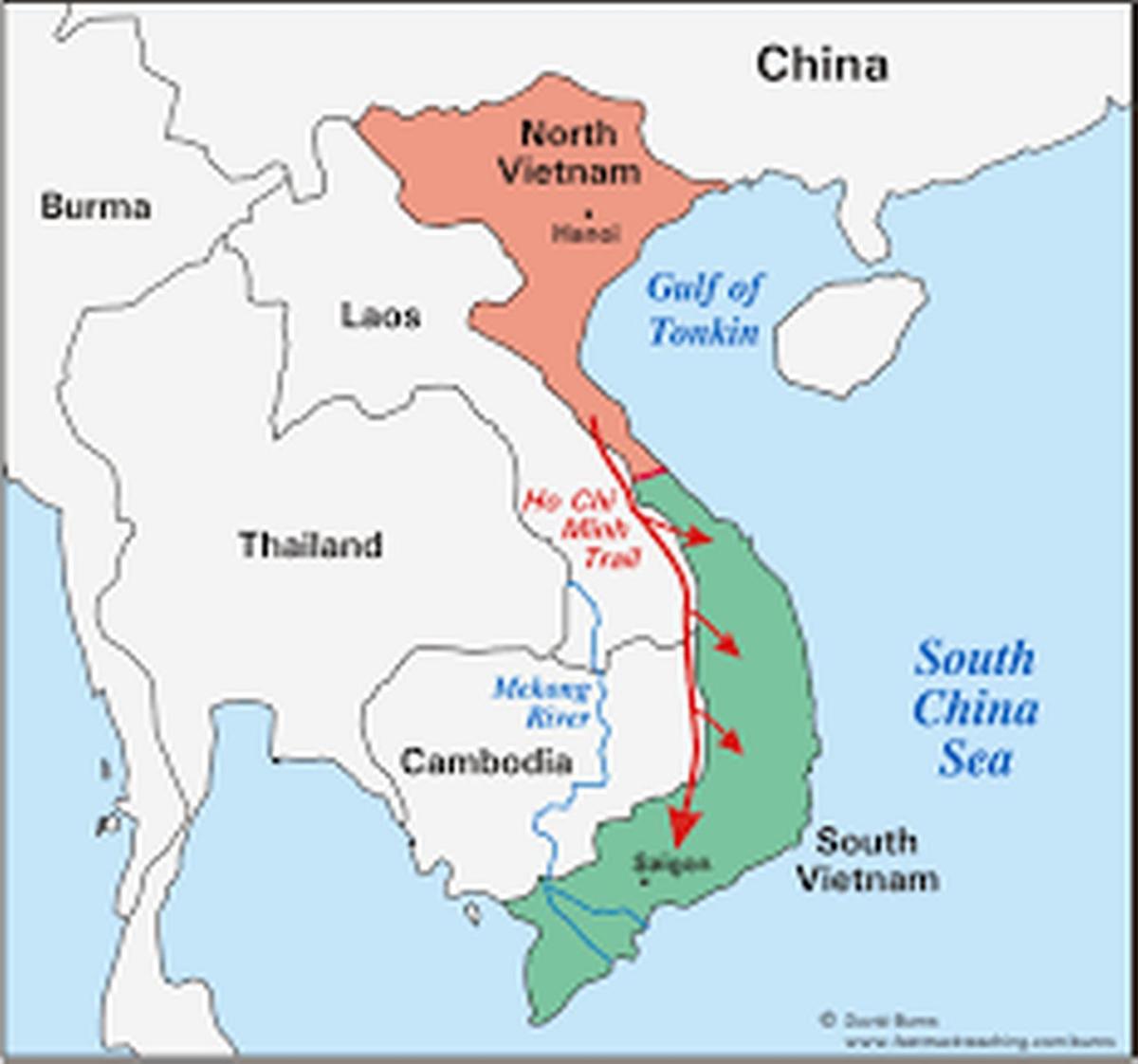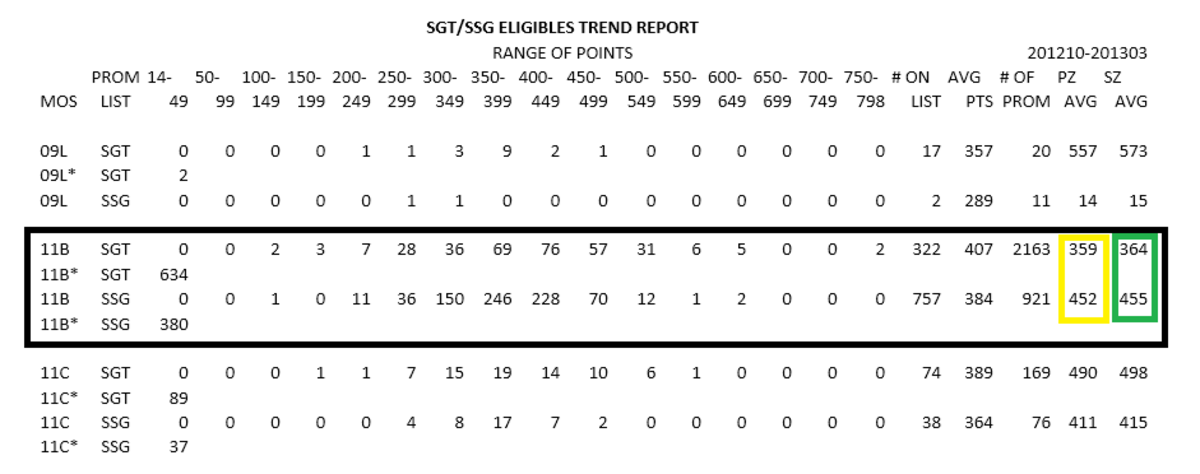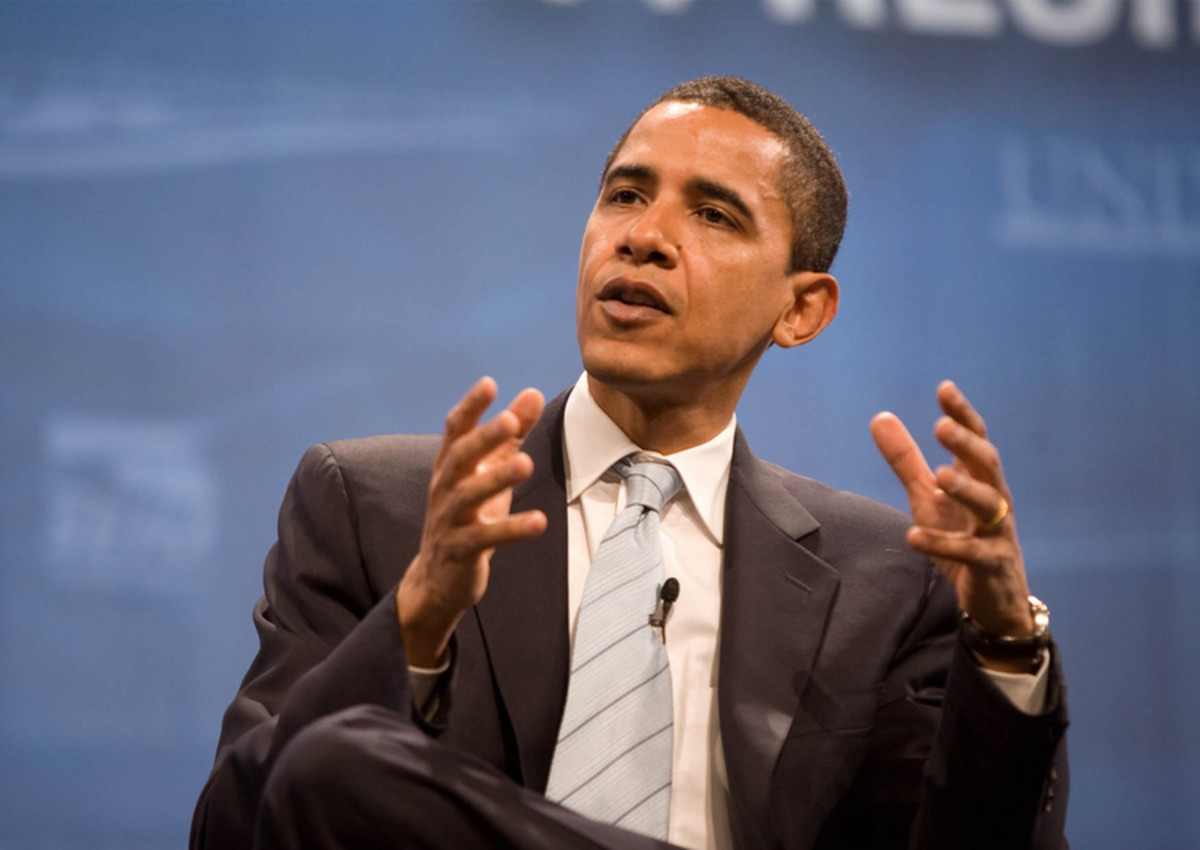Civil Disobedience 1970
The Limits of Civil Disobedience
Obviously, the affair at Kent State should not have reached so elevated a level of violence. Those who rallied threw rocks, bottles, and, in several cases, canisters of tear gas that had been thrown at them. But the National Guard had rifles and ammunition. The fantasy of Flower Power was about to capitulate to reality. It might seem, depending upon one's inclination, a no-brainer: either the National Guard fired as they should have, or the other way around, as they should not have. It was complicated. There was looting, too. What for? God only knows. There were several acts of animosity toward the local police department. Still, Kent State's "state-of-the-art" rioting hardly compares to what students versus authority might be capable of today. Anyway, it is not worth the worry. Surviving high school is the more important challenge. All the same, angry factionalism characterizes a great deal of current American culture, along with the usual apathy, the epoxy that cements diverse elements of society together.
Talk to vets. Some will tell you this, others that. Some could not do enough tours. They loved it. They'll let you know it, too. Others were disgusted. Our filmmakers, when they got around to it, made movies about the war that were not exaggerations. But they took their time. Go Tell the Spartans (1978) and Apocalypse Now (1979) indicate as much. Philip Caputo's novel, Rumor of War, was published in 1977. James A. Michener wrote earlier, publishing Kent State: What Happened and Why in 1971.
Kent State 2007
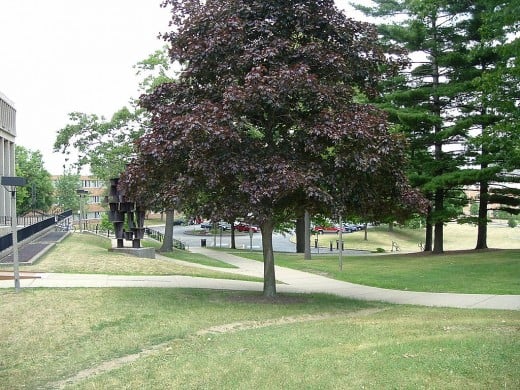
Cambodia
The decision to bomb Cambodia is the accepted explanation for the demonstrations. There are some interesting military histories written about the somewhat momentous decision. Although the war had become unpopular, or, for those still in favor of it, dragged on longer than expected, it was by no means a lost cause. Significant progress had been made, such as the disruption of supply lines, and the depletion of the VC (guerrillas), as opposed to the NVA (regular army). But despite all efforts to contain the Vietnam War, or defense of Saigon, within Vietnam itself, Hanoi had for some time made liberal use of Cambodia, disrespecting its territorial integrity. Sharing a 600 mile border with South Vietnam, Cambodia was a Red Godsend, where troops massed and developed plans of attack. It seems that the public, despite daily television reports, was largely ignorant of the intricacies of a war that had become too complex. Following LBJ's failure to put a quick end to it, tactics were revised many times over. The main reason was that although Hanoi did not like America's presence, it had decided, possibly Eastern-style, to put up with everything, no matter what. If American troops wanted to kill Communists, Hanoi would provide the necessary cannon fodder. Naturally, the USA's high brass, middle-aged or older, badly wanted to defeat so aggressive and offensive an enemy. But college students, with deferrals running out, did not agree. Incidentally, boots were on the ground almost from the beginning.
It turns out that boots on the ground is not a minor matter. North Vietnam troops in Cambodia acclimated to the bombings as long as there were no ground troops to back them up. Hanoi had its own unneighborly designs. It sent the Khmer Rouge into Cambodia. The Khmer Rouge were nothing more than a military division of murderers under the Communist banner. There might be a lesson to learn from their relatively brief rise. How does it compare, for instance, to today's fluctuations in fortune of the various, competing terrorist groups, all well beyond redemption? But somehow analogies break down. Communism and Radical Islam are different.
In 1970, both the Ho Chi Minh and Sihounik Trails remained open, active, and troublesome. They were used to move more and more troops and supplies from North Vietnam into South Vietnam. Nevertheless, American forces frustrated just about every major action by Hanoi. But they were handicapped by politically-charged policies. The resultant strategies sometimes worsened rather than improved America's key objectives. The incursion into Cambodia, too, was a limited engagement.
The Most Unwanted War
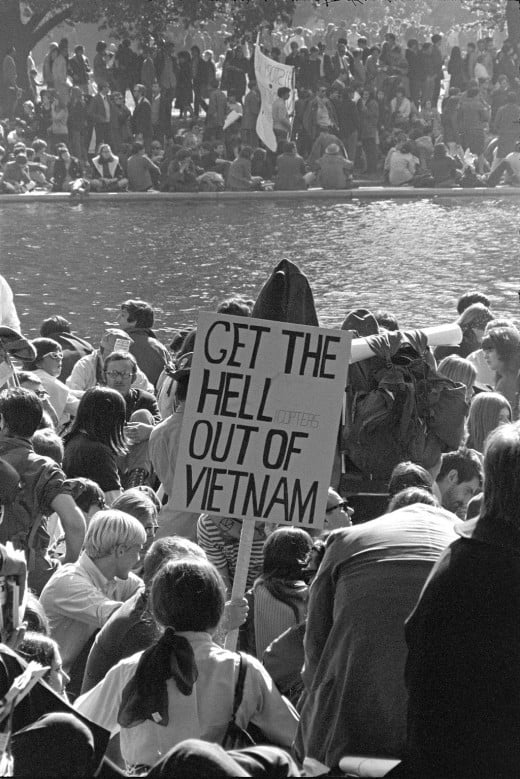
Hawks and Doves
Since they had to operate under strict restraints, the Armed Forces actually fought exceptionally well in an unfriendly environment a long ways from home. Combined with land movements, the air strikes that brought so much bad publicity, resulted in robbing Hanoi of prized sanctuaries. American troops also captured thousands of weapons, equipment, tons of ammunition, and, that substance more highly treasured than anything else, rice. For a while, the NVA was terribly reduced in strength and number. Its soldiers had to beg villagers for meals. North Vietnamese civilians were driven down its trails, given guns and ammo, then set loose without any training. But protests were not ineffective either. Still, how to bring the impasse to a conclusion escaped the grasp of all concerned parties. The Paris Peace Accords were three years off, and the war had suffered at least as many years worth of organized protest back home. It is puzzling how the war continued despite so many alterations in terms of command, appointments, infrastructure, foreign coups, and elections. It probably serves no real purpose to rehash the various facts, figures, and events, except to say that war and public support (or lack thereof) for it was much different in the latter part of the 20th century than in its first half, at least up to or through the Korean War.
There is truly no valid comparison between the Middle East now and SE Asia then. But they share some characteristics in common. Both were, and one remains, a quagmire. Both did, and one does, not quite know how to protect threatened populations. The policy of Vietnamization, in which the South Vietnamese were prepped and propped up to take control, did not in the final analysis work as planned. In the Middle East, non-combatant nations within reach of where the fighting is centered, are capable of fending off whatever actions a splinter group of fanatics might attempt -- always keeping in mind that lucky suicidal missions cannot be ruled out. Again, it would be nice to glean the means from one fiasco, over and done with, to destroy another, presently raging. One thing Doves had to exploit in the 1960s and 1970s to no end was the fact that American casualties were noticeably high. This is a fact that could not be finessed. Vietnam was costly. Never mind how many billions were spent. Lives were lost. Many of the wounded never fully recovered.
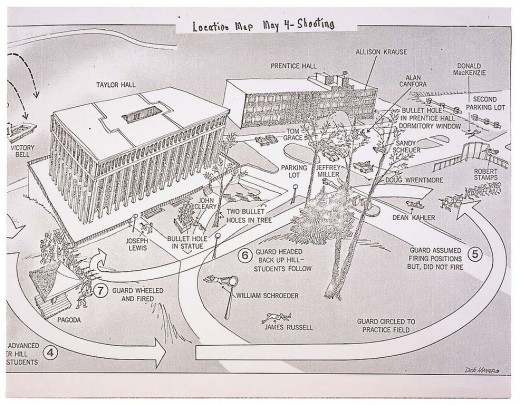
Politics By Other Means?
This was Carl von Clausewitz's most famous aphorism about war. Does the Ohio protest, however, involving foul language, obscene gestures, rock throwing, and various other provocations, against an armed force, fit the definition? Or not? In its aftermath, decades later, the affair appears very much like a supersized barroom brawl. As the saying goes, "it just gets hotter." Well, that is generally attributed to the fact that the feuding parties are already intoxicated and still drinking. Forgetting the fact that some protesters were probably on drugs, the tragic outcome seems to come down to the fact that participants on both sides were hoping, consciously or unconsciously, for a rendezvous that would entail the shedding of blood. Judging from the amount of National Guardsmen who, voluntarily or not, opened fire, they can be fairly described as on edge. Maybe students intentionally caused them to discharge their weapons over their heads, which some guardsmen actually did. But control over the situation gradually withered. Soldiers eventually fired indiscriminately into the crowd. Individual soldiers clearly saw students raise their fists wrapped around objects. That was their side of the story. They took aim and pulled their triggers. Less than two weeks later, at Jackson State, Mississippi, they would repeat themselves.
For the most part, the fallen were not recidivist troublemakers or rabble rousers. So it also goes in an overheated tavern, where the quiet boozer, in the melee, minding his own business, is likely to get rapped over the head with a beer bottle. To say, however, that the protest had been a waste would be untrue. Unforgettable photos came from it, a memorable song, and attention was certainly drawn to the escalation, or bombing of Cambodia. In 2015, one cannot help but wonder how almost the reverse is taking place. There are many citizens who find the administration's refusal to join Middle-Eastern battles, or other battles in trouble spots all over, just as reprehensible as the White House decision of 1970 to make a bigger war out of a smaller one. Times have changed. As it turned out, Cambodians were harder on Cambodians, under Pol Pot's reign of terror, than Americans ever were.
France Also Rioted in the 1960s
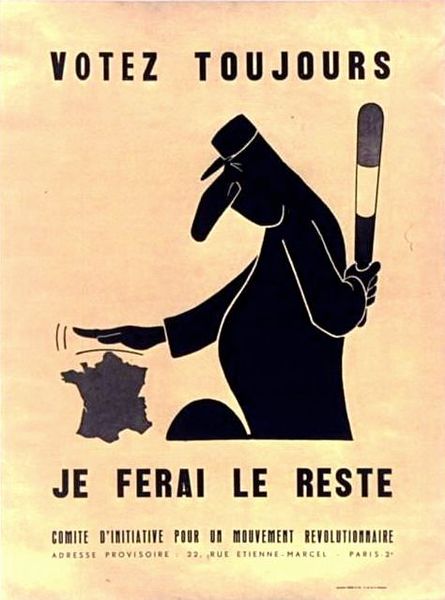
External and Internal Divides
Granted that with uniforms, emblems, and standard-issue guns, rifles, and riot-control devices, the National Guard might seem, in retrospect, to have been the more patriotic of the two factions. But students and faculty are American citizens, too. It is just that ideological concerns are best expressed without fisticuffs. There were legitimate differences on both sides, equally affected by America's role in a world threatened by Communism. Too much is made of these protests and demonstrations in the aftermath of a war that was difficult to prosecute. Now, it is somewhat fashionable to state that freedom is not free. This certainly was the case with Saigon as the price became too dear. It is interesting to ruminate upon what might have happened had America fought North Vietnam as hard as it could have. But then again, the images on television might have negated a clear-cut victory, however probable its theoretical attainment.
The problem with civil disobedience today is that it is only too apt to be sparked by more frivolous gripes. There is a big gap between a neighborhood fracas and being put in the front line against a fierce enemy. Still, the basics of modern civil disobedience are similar: gatherings, microphones, speeches, t-shirts, placards, marches, and chants. None of it means anything, or course, unless publicity follows. Things are not what they used to be. The internet is amply used. Communication is faster. Few of the more passionate wait for their representatives on the hill to speak for them -- if at all.
How It Ended
Some Can, Some Can't, Some Will, Some Won't
It would be nice to see free Syrians band together and defend their own nation against any outside or internal disturbance. News programs inform us that Americans trained Syrian fighters, but that they were outgunned or in various other ways proved no match for either Russians or their Iranian allies. Likewise, over time, the South Vietnamese became good soldiers, nothing to sneer at, but the North Vietnamese were mean and merciless to a fault. It is encouraging to learn that American forces knew how to fight them, though they were hobbled by restrictions. In the end, Communists won South Vietnam, but lost the world. It was probably true, too, that after the cessation of hostilities, Russia (some of whose well-made materiél were taken from Cambodia) did not want another "Vietnam" either. What they got, all the same, was Afghanistan.
Sometimes, victories are delayed. This appears to be the case with the civil disobedience of 1970, or thereabouts. The present administration is fearful of being the instrument of loss of American life or injury, no matter what the cause. Its passivity while American humanitarians and journalists were beheaded did not soothe the soul. But in the long run, if a standing military is well-maintained, there is always the chance it can respond at the right time, in the right way. Thus, it will, God willing, in circumstances yet to come, make up for unsettled scores.

